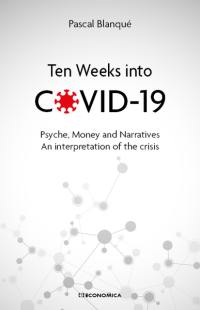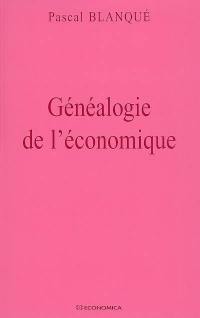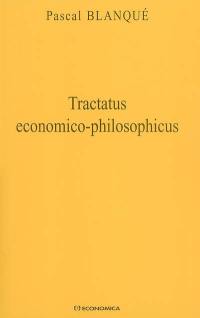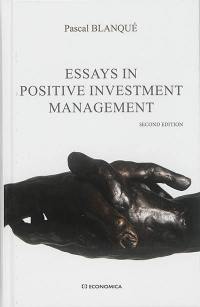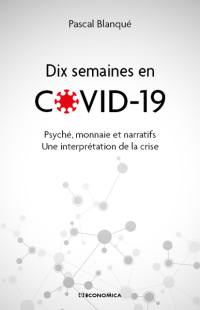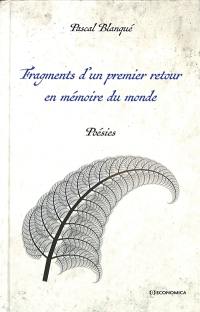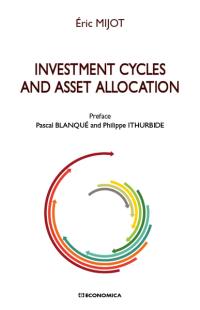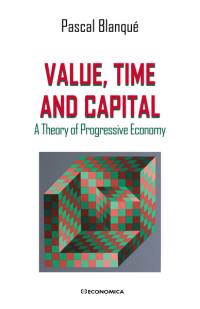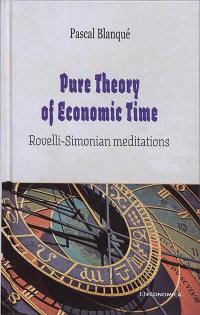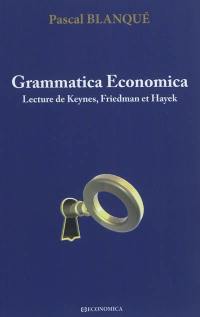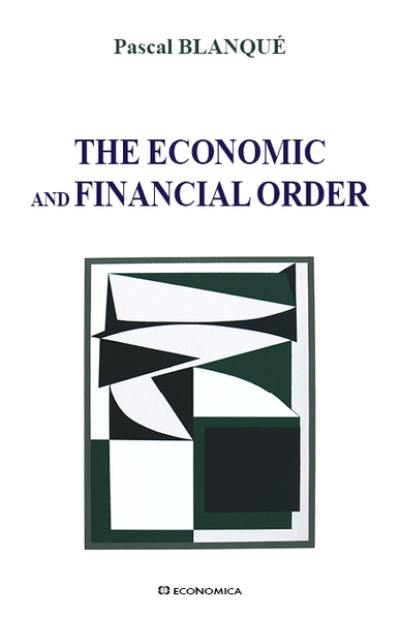
Fiche technique
Format : Relié
Nb de pages : 444 pages
Poids : 1000 g
Dimensions : 16cm X 25cm
ISBN : 978-2-7178-7006-0
EAN : 9782717870060
Quatrième de couverture
This work is an attempt to unify various approaches to economic and financial phenomena. The so-called (neo) classical approach lacks realism and is criticised for being too heavily focussed on the concept of equilibrium, which is, accordingly, blamed for all ills. The opportunity afforded by behavioural analysis and experimental psychology lacks in turn a unitary theory for the structures of economic behaviour and is criticised for being, only too often, a mere juxtaposition of experimental descriptions. Furthermore, the desire to eliminate any reference to the notion of substance, which governs the classical concepts of equilibrium or value, reinforces elements of irrationality or the unknown rather than diminishing them. Finally, the contributions from the hard sciences of physics, of neurology or of complex or evolutionist systems have difficulty distinguishing the irreducible peculiarity of economic and financial phenomena as social facts and as facts of perception of an economic Subject.
It is a question here of preserving the concept of substance while incorporating the Subject and time within the referentials and regimes of limited rationality, where the so-called classical description becomes just one special case of a more general model, governed by the Hereditary, Relative, Subjective and of Limited Rationality hypothesis (HRSLR).
The perceived world is then the background, which is always presumed by any economic and financial rationality or value. Such a conception does not destroy what is rational or what is absolute but rather seeks to bring them back down to earth.
The purpose of this work is, therefore, the positive constitution of the economic Subject within a framework which is compatible with the definition of an equilibrium. This search requires Blanqué to posit the philosophical origins of a theory of the economic psyche, returning to things and experience. Blanqué shows that the structure of economic behaviour and the phenomenology of economics, i.e. of economic and financial perception, are two closely interconnected aspects of this attempt.
What can be seen as an economic theory of emotions, drawing upon patrimonial and genetic components of economic action, gives access to what Blanqué calls the order of consciousness, perception and duration with the aim of restoring economics and finance within the world.





